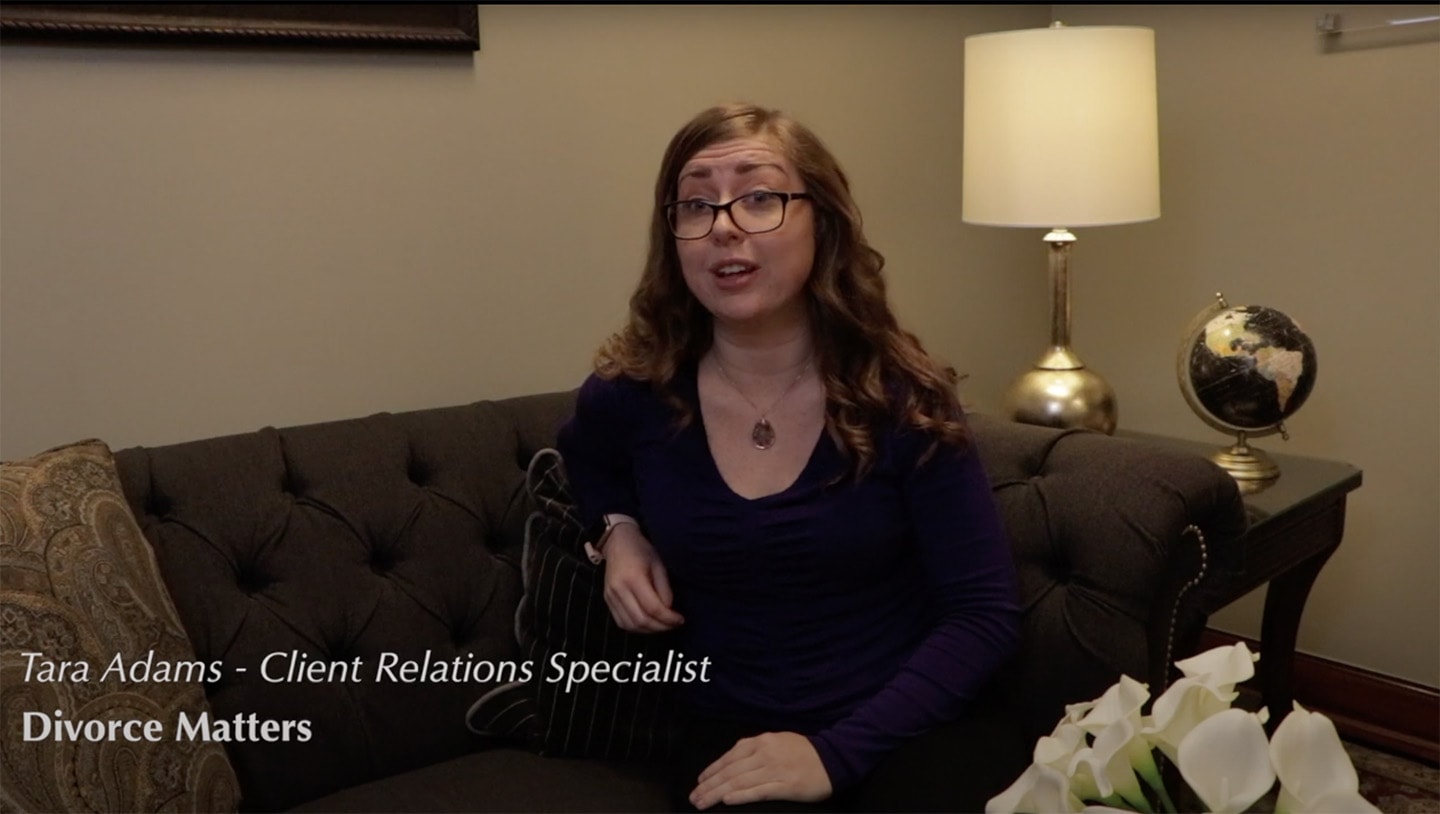 Just because you are married and live in Colorado does not mean that you are automatically allowed to petition for divorce in the state. You must first make sure that you are following Colorado’s dissolution of marriage laws. To prevent your case from being dismissed, one thing you’ll have to make sure of is that you meet the residency requirements for divorcing in Colorado.
Just because you are married and live in Colorado does not mean that you are automatically allowed to petition for divorce in the state. You must first make sure that you are following Colorado’s dissolution of marriage laws. To prevent your case from being dismissed, one thing you’ll have to make sure of is that you meet the residency requirements for divorcing in Colorado.
It is a common misconception that you must file for divorce in the state that you were married in. This is a myth; the majority of divorce cases are filed in the county in which the party petitioning for divorce lives. But it’s not enough to simply have an address in Colorado to file for a Colorado divorce. Here are the requirements, according to Colorado law:
- The district court shall enter a decree of dissolution of marriage when: The court finds that one of the parties has been domiciled in this state for ninety days next preceding the commencement of the proceeding.
- The dissolution of marriage may be filed in the county in which the petitioner or respondent resides. (Colorado Statutes – Article 10 – Sections: 14-10-106)
In more layman’s terms, for a divorce petition to be valid in the state, at least one spouse must have an established home in Colorado for at least 90 days. However, an established domicile does not necessarily mean a physical presence. The term “domicile” can be thought of more as a matter of intent than a matter of having a street number. This is because not all Colorado residents are present in Colorado at all times. If you work for the military, for example, and are stationed in San Diego but have had a Colorado address for longer than three months, often the courts will consider that sufficient intent to create domicile in Colorado. Other actions that indicate intent to create domicile include changing your mailing address to a Colorado address, maintaining voter registration in the state, registering your car in the state, etc., even if you are not currently present in the state.
Our Denver family lawyers seek to provide exceptional client experiences for clients throughout Colorado.


